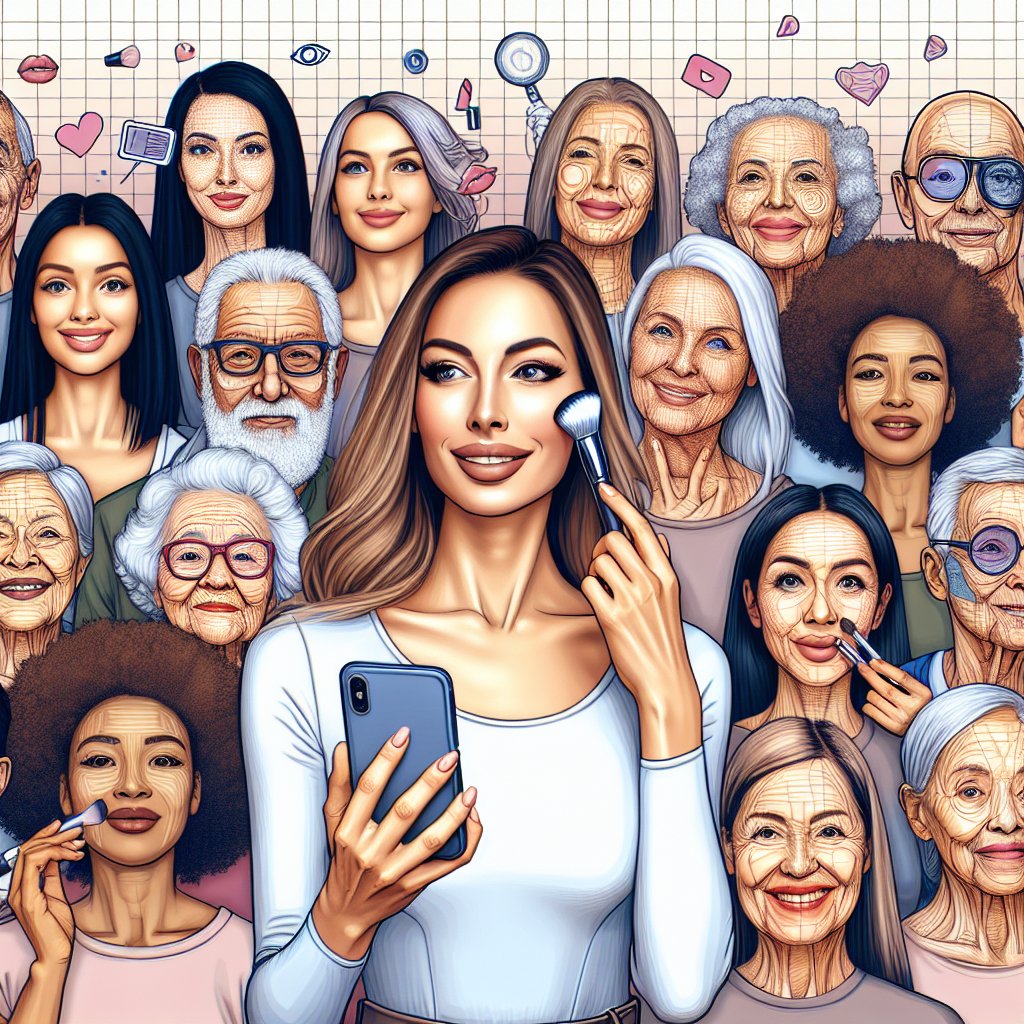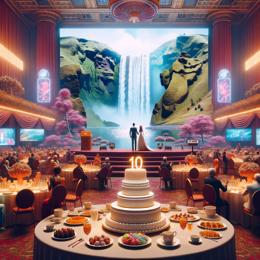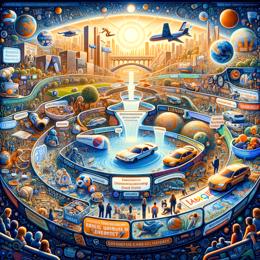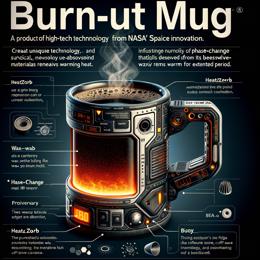Content created by AI
Embracing Natural Beauty: The Rise of Pro-Aging in Cultural Trends
In recent years, the tides have been turning in the beauty and wellness industry, with a new narrative that reframes the concept of aging. Discussions about beauty standards and the anti-aging crusade are being reignited as a cultural shift towards embracing natural aging gains momentum. This evolution is largely attributed to influential celebrities like Alicia Keys, Madonna, and Pamela Anderson who have, more than once, stolen the spotlight with their bare-faced appearances, challenging the long-held ideals of perpetual youth.
Kirsty Bisset, the managing director at marketing agency HaveYouHeard, discussed these changing dynamics with Lester Kiewit. Bisset highlights how this wave of bare-faced acceptance and minimalist makeup trends are not only reshaping beauty standards but also how the younger generations, including Gen X, are no longer feeling entrapped by the pressure to maintain a youthful veneer.
Generations are increasingly pushing back against the notion that youth is the zenith of beauty. In a world dominated by artificial intelligence, social media filters, and a constant barrage of content, it's no surprise that individuals are striving for a sense of authenticity. The wellness and beauty sectors, once the staunch advocates of chasing youth, are now witnessing a paradigm shift where wrinkles are celebrated as natural and beautiful.
Bisset asserts that while there's still a considerable journey ahead, the focus within wellness and beauty trends is slowly but surely moving towards pro-aging, which encompasses protection, prevention, and regeneration. This shift is indicative of a cultural desire to move beyond superficial standards and embrace health and well-being in a more holistic and inclusive manner.
Backing this trend with data, Bisset cites statistics from the Cannes Lions International Festival of Creativity reports in 2019 and 2021, revealing an underrepresentation and unrealistic portrayal of older individuals in advertising. With a mere 7% of characters in ads being older than 60 and a significant 62% of people feeling that ads depicting over-50s are out of touch with reality, the industry is slowly acknowledging the need for change. Additionally, nearly half of the respondents agree that older people in ads often perpetuate dated stereotypes.
Kiewit raised an essential question: If the media doesn't report events such as Pamela Anderson stepping out without makeup, does it lose its significance? Bisset contends that, while ideally, it shouldn't matter, the visibility of such acts by celebrities plays a significant role in normalizing and reinforcing the pro-aging trend. Ultimately, demand from consumers is signaling a powerful opportunity for brands to reset their focus and represent aging as a diverse and multifaceted experience instead of a homogenized one to be feared.










